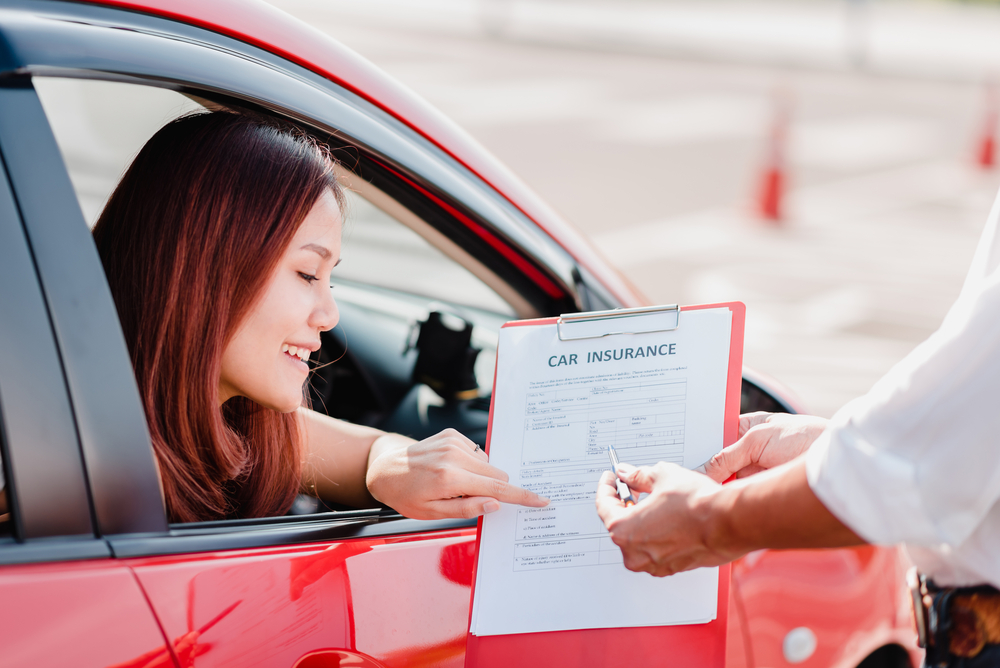
Additional Insurance Options to Fully Cover Your Car
Thursday, September 27, 2018
Everyone wants their car to have full coverage. Some spend a lot of money trying to insure themselves from an automobile catastrophe. However, the term full coverage auto insurance is misleading. Just because you have full coverage auto insurance does not mean you are fully covered. Strictly speaking, full coverage consists of three elements:
- Liability coverage
- OTC (other-than-collision) coverage
- Collision coverage
Liability coverage pays for injuries and damages that you are found at fault for. In North Carolina, you must have both bodily injury liability and property damage liability coverage. Collision and OTC (other-than-collision)coverage combine to assist with bringing your car back to its before-accident condition. In addition to these core three, there are a number of additional coverages that you should consider.
Additional Options
Many people think full coverage covers every situation. Unfortunately, it doesn’t. Many insurance options are not part of a standard full coverage policy. While it may be easy to add to a full coverage policy, the following are not included as standard.
- Medical Payments
- Uninsured Motorist Bodily Injury
- Uninsured Motorist Property Damage
- Rental Reimbursement
- Roadside Assistance
The difference between bodily injury liability that you are required to have, and medical payments coverage, is that bodily injury liability covers people that you have harmed in an accident. This does not include injuries to you and your passengers. Medical payment coverage does cover you and your passengers, regardless of who was at fault. Uninsured motorist property damage works in a similar manner; it pays for damage to your vehicle caused by an uninsured or under-insured motorist.
Medical payment coverage is similar to uninsured motorist bodily injury coverage. Like medical payment coverage, uninsured motorist bodily injury coverage pays for the medical expenses of you and your passengers. However, uninsured bodily injury coverage will only kick in if the injuries were another party’s fault and that other party had no insurance or not enough insurance.
Rental reimbursement coverage sounds straightforward, but some aspects of it need to be understood. Rental reimbursement coverage only pays if your vehicle is being repaired or replaced after an accident that was your fault. If the fault was with the other driver, it is their insurance that should pay for the rental. If there was no accident and your car is in the shop for repairs or breaks down past repair, then rental reimbursement coverage will not pay for a rental.
Roadside assistance coverage is straightforward. It covers towing, assistance with flat tires, lock outs, running out of gas, radiator fluid, etc. Roadside assistance policies do vary. Some limit: number of tows per year, distances allowed, and whether you must tow to the closest shop/dealership.
A more detailed explanation of each of these coverages can be found at the Protective website.
Classic Cars and Custom Modifications
Classic cars and cars with custom modifications deserve mention here. Most of the time getting just core full coverage insurance for these types of cars is not enough. Damage to these beauties often will result in repair costs that will be more than the standard value of the vehicle. It is very important to get added insurance that will pay for repairs for your classic car.
Another consideration is that these cars often appreciate in value. They are more akin to investments than mere vehicles to get you from Point A to Point B. Normal coverage will not automatically increase the amount of coverage over time, resulting in either an underinsured vehicle or a yearly reapplication process to apply for more coverage. Some insurers will offer a specialized classic car auto insurance that takes these factors into account.
Final Thoughts
Again, the term full coverage can be misleading. Knowing exactly what the policies cover, what the law states you must have, and what additional options are available to you, allows the agency to make informed decisions to help you pay for exactly what you need to cover your automobile fully. Insurance professionals, like the ones at Protective Agency, have the breadth of knowledge and experience to point out areas of coverage that are crucial to helping insure your car.
To learn more about these supplemental policies, contact our team at Protective Agency or call (877) 739-9367. Our licensed insurance agents will be happy to answer any questions you have.
